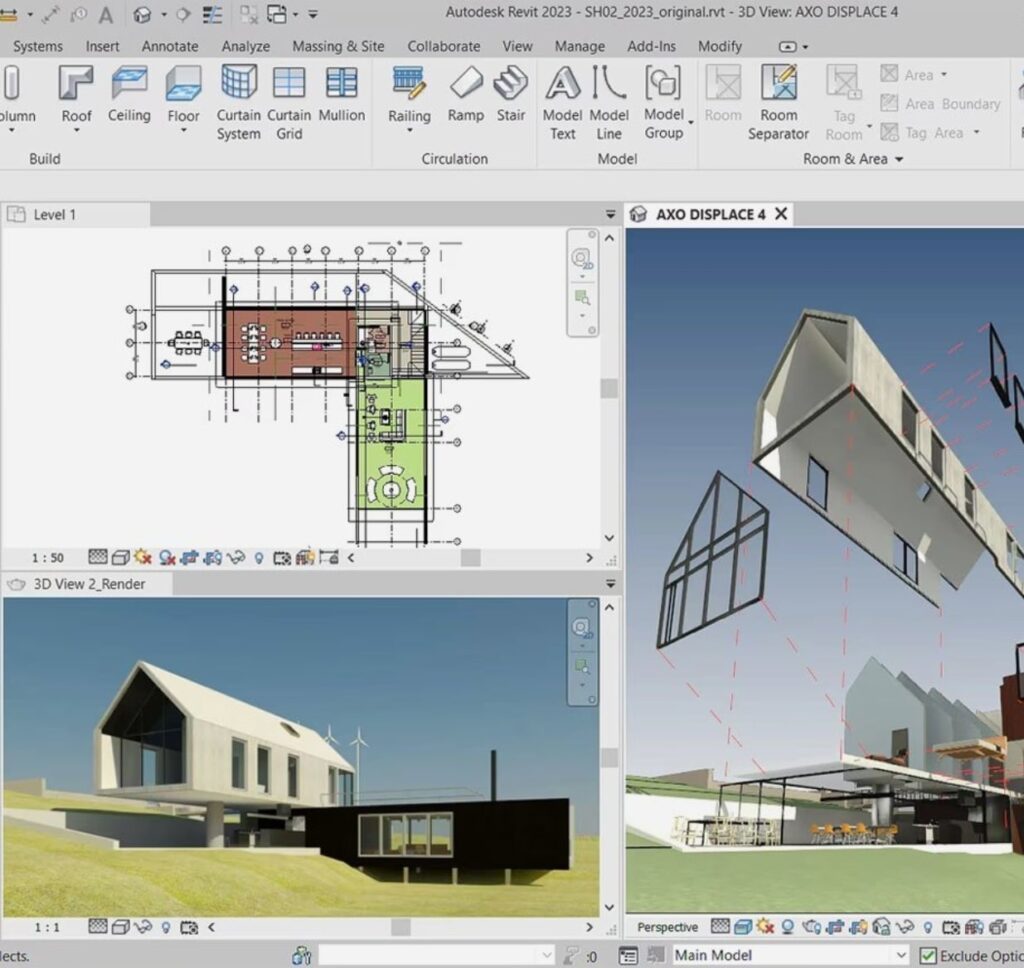
Contact us to get started! Email us at info@futurescollege.ca

MasterCam is a modular, hands-on training course designed to equip students with the skills required to program and operate CNC machines using one of the world’s leading CAD/CAM software platforms. Mastercam is widely used in manufacturing environments across automotive, aerospace, mold making, and general machining sectors for toolpath generation, machine simulation, and precise part production.
This program introduces students to core Mastercam functions, including geometry creation, toolpath programming, 2D and 3D milling operations, and post-processing for CNC machines. As students progress, they gain experience in setting up jobs, optimizing toolpaths, generating G-code, and simulating production runs—all essential for reducing errors, increasing machining efficiency, and producing high-quality components.
Upon completion, graduates will be able to confidently translate mechanical part designs into CNC-ready programs, making them valuable assets in machine shops, design-to-manufacturing environments, and advanced manufacturing facilities.
Module 1: Mastercam Interface & 2D Toolpaths (39.5 hours)
Module 2: 3D Toolpaths & Surface Machining (39.5 hours)
Module 3: Lathe & Mill-Turn Operations (39.5 hours)
Module 4: Project Integration & Job Setup (39.5 hours)
3465 Semenyk Court Mississauga, ON L5C 4P9
+1 (905) 412 3007
info@futurescollege.ca
9:00 AM - 6:00 PM (EST)
Mondays - Fridays
Saturdays - 10:00 AM - 2:00 PM
